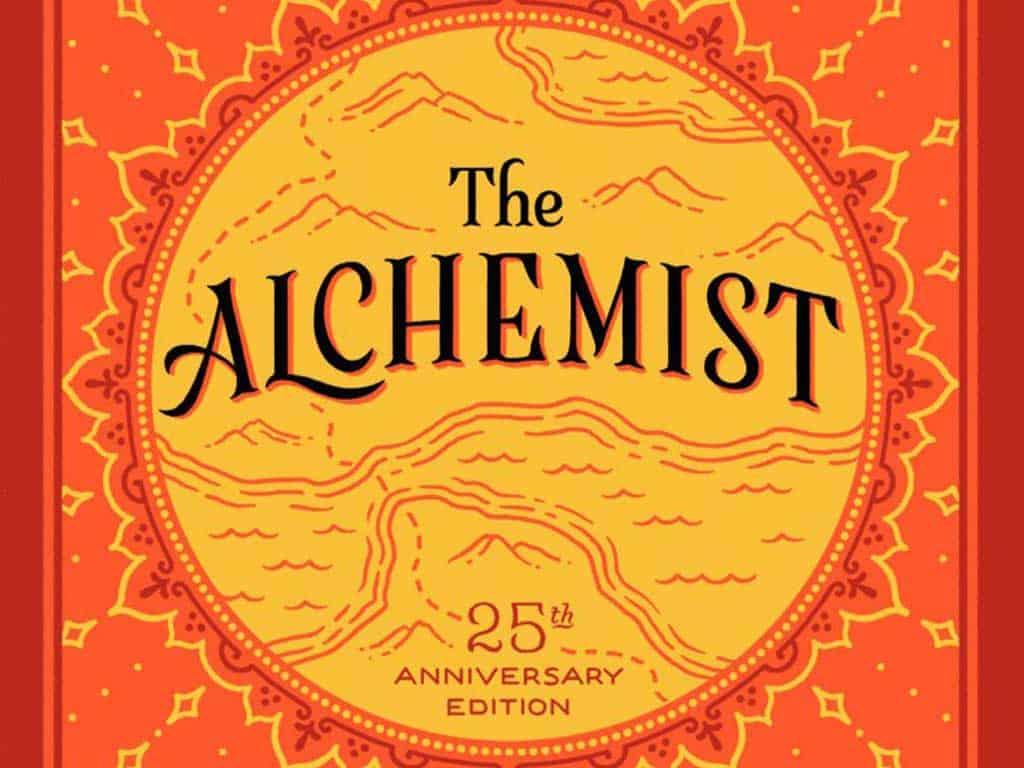In the realm of contemporary literature, few works have achieved the widespread acclaim and enduring popularity of Paulo Coelho’s “The Alchemist.” Since its publication in 1988, this novel has captivated millions of readers across the globe with its narrative of a young shepherd’s quest for personal legend and fulfillment. However, the book’s success has also sparked a lively debate among critics and readers alike: Is “The Alchemist” too simplistic in its storytelling, or does it offer a profound and meaningful message that resonates with the complexities of the human experience? This article seeks to explore this dichotomy, examining the novel’s thematic elements, narrative structure, and philosophical underpinnings to assess whether Coelho’s work should be celebrated for its depth or critiqued for its simplicity. By analyzing various perspectives, we aim to provide a balanced view that acknowledges the merits and limitations of this modern classic.
Understanding the Core Themes of The Alchemist
The essence of The Alchemist lies in its exploration of universal themes that resonate with readers across different cultures and backgrounds. At its core, the novel delves into the pursuit of one’s Personal Legend, a journey of self-discovery and fulfillment. This central theme is supported by several other motifs that enrich the narrative:
- Dreams and Aspirations: The novel emphasizes the importance of following one’s dreams, suggesting that true happiness and contentment are found in the pursuit of one’s desires.
- The Language of the World: Coelho introduces the concept of a universal language, a metaphor for the interconnectedness of all things, encouraging readers to seek deeper connections and understanding.
- Omens and Signs: The narrative suggests that the universe conspires to help those who pursue their dreams, often communicating through omens that guide the protagonist on his journey.
- Alchemy as Transformation: Alchemy serves as a metaphor for personal transformation, symbolizing the process of turning the ordinary into the extraordinary through perseverance and learning.
These themes are woven together to present a tapestry of spiritual and existential inquiry, inviting readers to reflect on their own lives and aspirations. Whether viewed as simplistic or profound, the novel’s themes challenge readers to contemplate the nature of their own journeys and the paths they choose to follow.

Evaluating the Simplicity of Coelhos Narrative Approach
Paulo Coelho‘s narrative style in “The Alchemist” has often sparked debates on its simplicity. On one hand, Coelho’s straightforward prose and linear storytelling can be seen as a deliberate choice, aiming to make the book’s profound messages accessible to a wide audience. His approach is devoid of complex literary devices, relying instead on allegory and parable-like elements. This simplicity can be advantageous, allowing readers to focus on the core themes without getting lost in intricate narrative structures. The narrative is driven by a clear, almost fable-like progression, which might be seen as an homage to oral storytelling traditions.
- Direct and uncomplicated prose: This style invites readers of all ages and backgrounds to engage with the text without intimidation.
- Universal themes: Coelho tackles existential questions and life philosophies in a way that is easily digestible.
- Allegorical elements: These elements encourage readers to find personal meaning in Santiago’s journey, potentially uncovering layers of depth beneath the surface simplicity.
Conversely, some critics argue that this simplicity may border on reductiveness, offering insights that, while resonant, lack depth and nuance. This raises questions about whether the narrative’s straightforwardness limits its capacity to fully explore the complexities of its themes. Ultimately, Coelho’s narrative technique can be seen as a double-edged sword—one that both democratizes profound wisdom and risks oversimplifying it.
Analyzing the Philosophical Depth of The Alchemists Message
Paulo Coelho’s The Alchemist presents itself as a simple tale, yet it unfolds a tapestry of profound philosophical insights. The narrative invites readers to embark on a journey of self-discovery, exploring themes that resonate with universal truths. At the heart of the story lies the concept of the ‘Personal Legend’, which encourages individuals to pursue their true desires and aspirations. This principle, while seemingly straightforward, delves into deeper existential questions about purpose and destiny. It challenges readers to reflect on their own lives and the barriers they face, prompting a re-evaluation of what truly constitutes success and fulfillment.
- Interconnectedness of All Things: The novel suggests that everything in the universe is connected, a notion that echoes the philosophical ideas of monism and the unity of existence.
- The Language of the World: Coelho introduces the idea that there is a universal language understood by all living beings, urging readers to listen to their hearts and trust their intuition.
- The Soul of the World: This concept implies that the world has a soul, and by aligning oneself with it, one can achieve harmony and balance.
These themes are woven into the protagonist’s journey, offering a narrative that is both accessible and deeply philosophical. Critics argue that the simplicity of the story may overshadow its depth, yet it is precisely this clarity that allows its profound messages to resonate with a wide audience. The philosophical richness of The Alchemist lies in its ability to speak to the core of human experience, prompting introspection and a reevaluation of one’s own path.

Balancing Simplicity and Profundity: Recommendations for Readers
When delving into literature like “The Alchemist,” readers often grapple with its dual nature: the allure of its simplicity and the depth of its wisdom. To navigate this balance effectively, consider the following recommendations:
- Engage with the Text: Allow yourself to be absorbed by the narrative without preconceived notions. This openness can help you appreciate the underlying themes that might initially seem straightforward but reveal deeper insights upon reflection.
- Reflect on Personal Experiences: Consider how the themes resonate with your own life journey. The book’s simplicity often serves as a mirror, reflecting personal truths and complexities that may not be immediately apparent.
- Discuss with Others: Engaging in discussions can uncover layers of meaning you might have overlooked. Diverse perspectives can enrich your understanding of whether the simplicity enhances or detracts from the book’s profundity.
- Explore Complementary Works: Reading other philosophical or allegorical works can provide context and contrast, helping to clarify the strengths and limitations of “The Alchemist’s” approach.
By adopting these strategies, readers can better appreciate how “The Alchemist” balances its narrative simplicity with profound thematic elements, ultimately enriching the reading experience.
